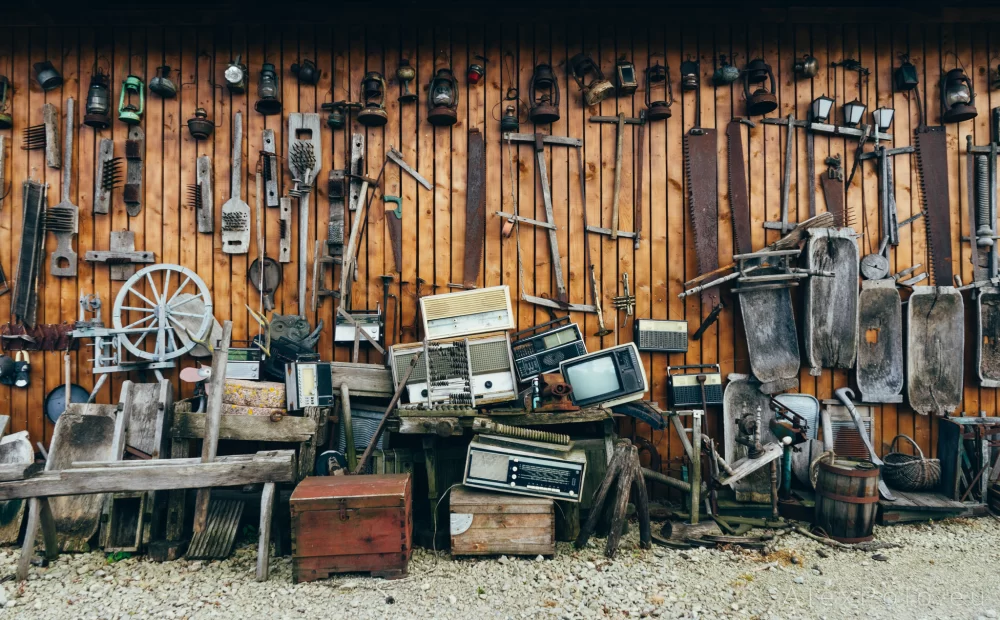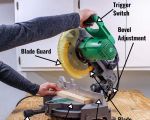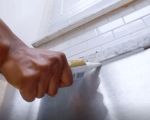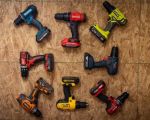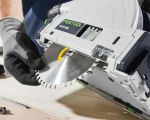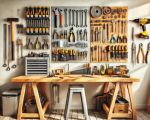Must-Have Tools for Minor Electrical Jobs: A Comprehensive Guide
If you're like me, there's always something that needs fixing around the house. Some projects require professional help, but there are plenty of minor electrical jobs that you can tackle yourself with the right tools. From fixing a flickering light to installing a new outlet, having the right electrical tools is essential for both safety and efficiency. Over the years, I’ve learned which tools are absolute must-haves for these types of tasks, and I’ll share them with you so that you can feel confident the next time a small electrical job pops up in your home.
1. Why Having the Right Tools is Important
When it comes to electrical work, safety is paramount. Using improper tools or the wrong type of equipment can lead to accidents or even more severe issues like electrical fires. Even for small projects, having the right tools helps ensure that the job is done correctly and that you’re working safely. Over the years, I’ve learned firsthand how frustrating it can be to get halfway through a project only to realize I’m missing a crucial tool. That’s why I’ve compiled a list of must-have tools that I keep in my electrical toolkit for handling minor electrical jobs with confidence.
2. Essential Tools for DIY Electrical Repairs
When you’re getting into DIY electrical work, there are a few tools that are non-negotiable. Below, I’ll outline each tool I’ve found to be indispensable for minor electrical jobs around the house. These tools will not only help you get the job done efficiently, but they’ll also ensure that you can do so safely.
2.1 Multimeter
A multimeter is one of the most versatile tools in any DIY electrician’s toolkit. It allows you to measure voltage, current, and resistance, making it ideal for troubleshooting electrical issues. For instance, when I had an issue with a dead outlet, using a multimeter helped me determine whether the problem was with the outlet itself or the wiring in the wall. It’s simple to use and invaluable for identifying faulty circuits or determining whether a device is receiving power.
2.2 Screwdrivers
Screwdrivers are essential for almost every electrical task. Whether you're tightening connections in outlets or installing light fixtures, you’ll need a good set of screwdrivers. For electrical work, it's important to have both flathead and Phillips screwdrivers in a variety of sizes. Personally, I recommend investing in an insulated set of screwdrivers. These are designed with safety in mind and are perfect for handling live wires without the risk of getting shocked.
2.3 Pliers
Pliers come in handy for bending and cutting wires. For electrical work, you’ll want to have a few different types of pliers. Needle-nose pliers are great for getting into tight spaces, and wire-cutting pliers are essential for trimming wires to the right length. I find that having a good pair of diagonal cutting pliers is crucial when I need to trim wires neatly without causing any damage to the wire strands.
2.4 Wire Strippers
Wire strippers are designed to remove the insulation from wires without damaging the copper underneath. This tool is vital when you’re working with electrical wiring, as it ensures a clean connection between the wire and the component you're installing. I’ve made the mistake of using a regular knife or scissors in the past, but trust me—wire strippers are a game-changer. They make the job safer and more precise.
2.5 Voltage Tester
Before you start working on any electrical project, it’s important to ensure that the power is off. A voltage tester is a quick and easy way to check whether a wire or outlet is live. I always use my voltage tester to double-check that the power is off before I start working on any electrical project. It’s one of the most important safety tools you can have in your toolkit, as it helps prevent accidental electrocution.
3. When to Call a Professional
While DIY electrical projects can be fun and rewarding, there are certain times when it’s best to call in a professional. If you’re dealing with more complex issues like faulty wiring or if you’re unsure about the scope of the project, it’s important to contact a licensed electrician. Safety should always come first, and some electrical jobs require specialized knowledge and tools that go beyond what a typical DIY toolkit provides.
4. Maintenance Tips for Your Electrical Tools
Taking care of your tools is just as important as having the right ones. To ensure your tools last and continue to perform effectively, it’s essential to clean them regularly and check for wear and tear. For example, after every use, I make sure to wipe down my multimeter, screwdrivers, and pliers to remove any dust or debris. I also inspect the insulation on my tools to ensure it hasn’t been damaged. This simple maintenance can significantly extend the life of your tools and keep them in top working condition.
5. Where to Buy Quality Electrical Tools
If you’re looking to purchase or upgrade your electrical tools, I highly recommend visiting [ToolNest]. They offer a wide range of high-quality tools that are perfect for both beginners and experienced DIY enthusiasts. Whether you're looking for an insulated screwdriver set or a durable multimeter, ToolNest has everything you need to safely and effectively tackle your electrical projects.
Minor electrical jobs can be incredibly rewarding, especially when you have the right tools for the job. With a few essential items, you can handle most of the electrical fixes around your house with confidence. Remember, safety is always the priority, so never skip on the essential tools like a multimeter, voltage tester, and insulated screwdrivers. With these tools in hand, you'll be well-equipped to handle your next electrical project.

